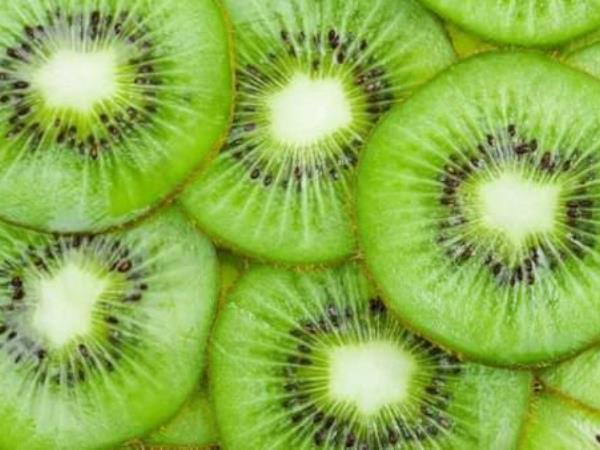Kiwi is packed with vitamins A, C, E, beta-carotene, alpha-linolenic acid, omega-3 fatty acids, it also contains a lot of fiber and antioxidants. Many use kiwi in the fight against cancer. But, unfortunately, more and more people are experiencing allergies.
Allergy symptoms include burning sensation in the throat, swelling, nausea, itching, stuffy nose, abdominal pain, and very common are eczema and diarrhea. As more and more people are experiencing kiwi allergy lately, many think it's because they eat it when it's not ripe ... But is it true?
Allergic reactions mainly occur due to the improper functioning of the immune system. The immune system does not recognize the proteins in kiwi, so it reacts as if they were harmful and pathogenic substances. The immune system responds to kiwi with antibodies that release histamine, causing allergic reactions in the body.
Studies have shown that kiwi allergy is similar to pollen and latex allergies, which can cause very serious reactions. In exceptional cases, even death. Therefore, it is necessary to be cautious with kiwis, especially with children, as even a trace of kiwi can cause serious complications.
What's more!
Kiwi paste is a common additive used in bakery products, bread, pastries, cakes, and as a substitute for fats.
There is no cure for kiwi allergy. If you come into contact with kiwi and are allergic to it, you can use antihistamines, and adrenaline can also help alleviate the effects.
The increasing number of allergies is therefore not due to kiwis, but rather to faults in the immune system.
Datum: 10. DEC 24 - GOOD TO KNOW
Allergy to kiwi is a more serious problem than we think
Kiwi is among the healthiest fruits, but more and more people are having problems with it. Check out what important information lies behind this?
(FW)
 Would you like to be informed about news on the website?
Would you like to be informed about news on the website?
Just enter your e-mail
Kiwi allergy symptoms
Kiwi allergy treatment
Kiwi allergy causes
Kiwi allergy immune system
Kiwi allergy prevention
|
Copyright (c) Foodwhisper.com March 2018 |
π | Contact: info@foodwhisper.com |
About us | Facebook |  |









